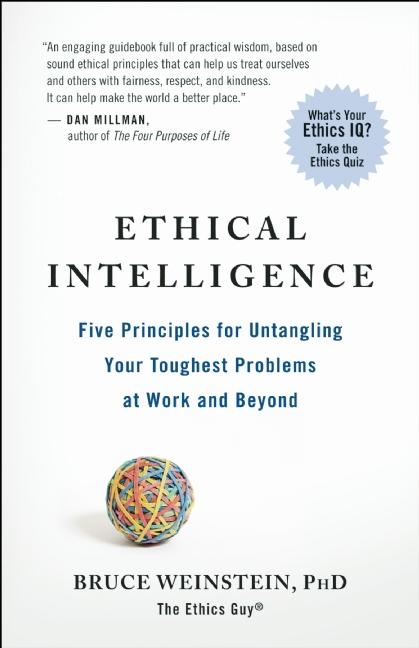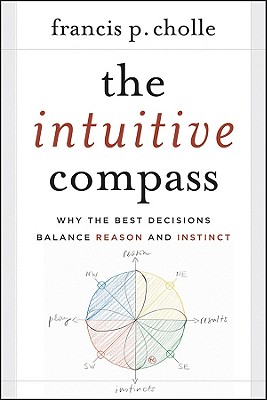Doing the Right Thing
October 24, 2011
In 2007, we chose a book called Responsibility at Work as the winner of the Personal Development category for that year's Business Book of the Year Awards. It was the first time I'd been exposed to Howard Gardner's work--he is prolific*, so the book we featured was only a small part of his overall catalog--, and I became quite interested in his Theory of Multiple Intelligences. I don't recall if I've ever taken an official IQ test but I can tell you I wouldn't have done well on it.
Wikipedia, as always, sums the theory up handily for us, describing the Theory of Multiple Intelligences as "a model of intelligence that differentiates intelligence into various specific (primarily sensory) modalities, rather than seeing it as dominated by a single general ability." Gardner proposed the following as meeting his criteria for what is an intelligence.
- Spatial
- Linguistic
- Logical-mathematical
- Bodily-kinesthetic
- Musical
- Interpersonal
- Intrapersonal
- Naturalistic
"I've put forth a candidate set of intelligences that are said to have their own characteristic processes and to be reasonably independent of one another. Over time, the particular intelligences nominated, and their degree of dependence or independence of one another, will be more firmly established." HowardGardner.com/FAQ
There are two new books out this month that posit, if indirectly, additions to the above list of intelligences.
Ethical Intelligence: Five Principles for Untangling Your Toughest Problems at Work and Beyond by Bruce Weinstein, aka "The Ethics Guy" on Bloomberg's Businessweek Online.
Many of us are familiar with Daniel Goleman's popular book, Emotional Intelligence which focused on "the ability to discern how others are feeling, which can be quite different from the ways they present themselves to the world." Here Bruce Weinstein draws a distinction between emotional intelligence and ethical intelligence, saying that it is not only important to process the world and its varied situations emotionally, but, then, when you actually have to do something in response, that requires ethical intelligence. "Emotional intelligence alone won't--and can't--tell you what you ought to do. That's because emotional intelligence is a psychological mattter, but the question "What's the right thing to do?" is an ethical one.
Weinstein's five principles of ethical intelligence are:
- Do No Harm
- Make Things Better
- Respect Others
- Be Fair
- Be Loving
Intuitive Compass: Why the Best Decisions Balance Reason and Instinct by Francis Cholle, an international business consultant with a hefty and diverse vitae, including study in theater and clinical psychology.
In The Intuitive Compass, Cholle introduces us to Intuitive Intelligence, and defends our use of it vigorously. "Intuitive Intelligence is a set of skills I designed that uses intuition to get to the instinctual and nonconscious parts of our minds. It can be learned and developed, but because instinct does not operate in the same way as reason, Intuitive Intelligence requires unusual forms of learning and thinking." The benefit of understanding instinct is then that we are able to alter our decision-making process to find balance and reason.
Cholle begins his book with an Intuitive Compass to help you determine how you make decisions, and then, surprisingly, he leads us into the field of play. There is a lot of good material that extends past play in this book, including how intuition allows agility and creativity, how intuition enables innovation, how you can use your intuitive intelligence; but one of my favorite lines is: "Play open us up to the possibility that we don't need more of anything--time, money, knowledge, and so on--in order to produce more. It is a radical idea, especially in business, where we often hear the argument that budgets are limited and therefore the ability to innovate is limited."
In the case of both books, as well as Gardner's work, the compelling aspect is that the more information we learn about the way we think, the better we get at doing the right thing.
*Perhaps Gardner's top business book is Five Minds for the Future. And for information about his GoodWork Project, visit www.goodworkproject.org.





